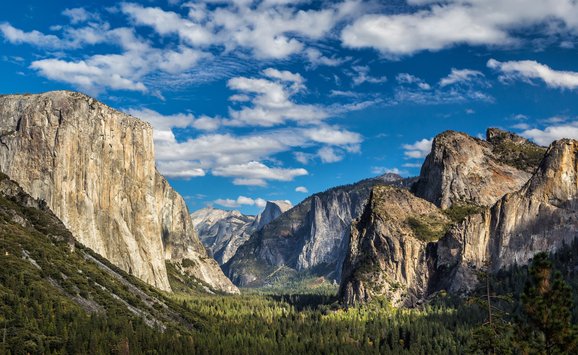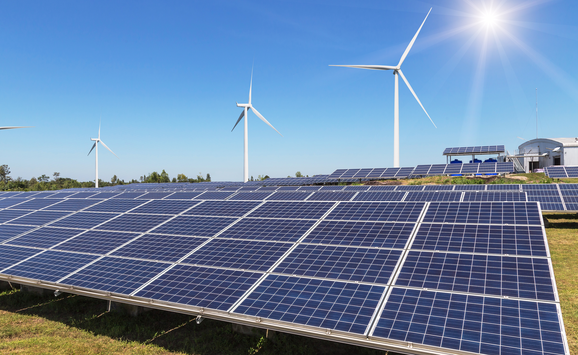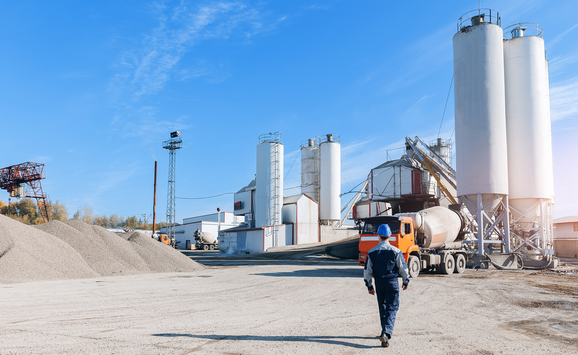Each week, we review the papers, studies, reports, and briefings posted at the “indispensable” RFF Library Blog, curated by RFF Librarian Chris Clotworthy. Check out this week’s highlights below:
An Apparent Hiatus in Global Warming?
Global warming first became evident beyond the bounds of natural variability in the 1970s, but increases in global mean surface temperatures have stalled in the 2000s. Increases in atmospheric greenhouse gases, notably carbon dioxide, create an energy imbalance at the top-of-atmosphere (TOA) even as the planet warms to adjust to this imbalance... — via Earth's Future
Use of Internal Carbon Price by Companies as Incentive and Strategic Planning Tool
More than two dozen of the nation’s biggest corporations, including the five major oil companies, are planning their future growth on the expectation that the government will force them to pay a price for carbon pollution as a way to control global warming... — via Carbon Disclosure Project
We assess climate impacts of global warming using ongoing observations and paleoclimate data. We use Earth’s measured energy imbalance, paleoclimate data, and simple representations of the global carbon cycle and temperature to define emission reductions needed to stabilize climate and avoid potentially disastrous impacts on today’s young people, future generations, and nature. — via PLoS ONE
Gas Production in the Barnett Shale Obeys a Simple Scaling Theory
Ten years ago, US natural gas cost 50% more than that from Russia. Now, it is threefold less. US gas prices plummeted because of the shale gas revolution. However, a key question remains: At what rate will the new hydrofractured horizontal wells in shales continue to produce gas? We analyze the simplest model of gas production consistent... — via Proceedings of the National Academy Sciences
Abrupt Impacts of Climate Change: Anticipating Surprises
Climate is changing, forced out of the range of the past million years by levels of carbon dioxide and other greenhouse gases not seen in the Earth s atmosphere for a very, very long time. Lacking action by the world s nations, it is clear that the planet will be warmer, sea level will rise, and patterns of rainfall will change. But the future is also partly uncertain... — via National Academies Press
For more from the RFF Library blog, click here.




